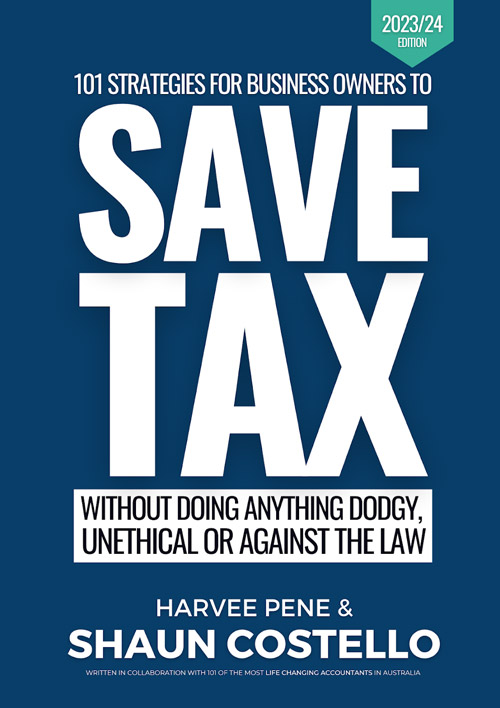An Interview with Damien Stacy from Green Key Environmental
In this interview, Damien from Green Key Environmental shares how his team helps businesses cut energy costs and enhance sustainability. By focusing on practical solutions like solar panels and efficient equipment upgrades, they’ve saved clients thousands without upfront costs. Damien also discusses their commitment to ethical sourcing and the importance of change management in achieving long-term efficiency.
Fuse Wealth: Damien, can you give us a quick overview of what Green Key Environmental does?
Damien: In a nutshell, our core business is property management, encompassing everything from industrial to retail and commercial properties. Our main focus is on creating efficiencies to reduce greenhouse gas intensity in buildings and make them more sustainable and profitable. We implement initiatives like replacing roofs, lifts, or air conditioning systems, and installing solar panels or batteries. Our goal is to provide solutions that are beneficial for our clients’ businesses.
Fuse Wealth: What kind of environmental problems do you solve, and who do you typically work with?
Damien: The biggest environmental issue we tackle is the increase in electricity costs. When electricity was affordable, there wasn’t much focus on energy efficiency. Now that prices have tripled, clients are more concerned about their air conditioning and other systems. We usually work with smaller portfolios, managing two or three buildings, and smaller property management firms. These clients often don’t have the resources to focus on environmental solutions, which is where we come in. Our solutions are now more appealing and necessary for their business operations.
Fuse Wealth: Could you share a recent success story that highlights the impact of your work?
Damien: Sure. We recently worked with a client whose electricity costs jumped from $230,000 to $660,000 a year without any additional revenue. We were brought in to assess their operations and identify opportunities for improvement. With zero capital upfront, we managed to achieve a 10% reduction in their electricity costs, saving them $66,000 immediately, just by changing a few operating procedures. Now, we’re further assessing their equipment to identify additional savings and efficiencies. The client has been very pleased with the results and wishes they had thought of these changes sooner.
Fuse Wealth: Was that 10% reduction mainly due to behavioural changes or other adjustments?
Damien: It was a bit of both. We focused on adjusting their daily operating procedures, like segmenting the runtimes of air conditioning units based on the specific needs of different areas. For instance, kitchens and poker machine areas were given distinct schedules. This approach minimised unnecessary energy use without compromising operations. These changes, while simple, required a shift in daily habits, which is where change management became crucial.
Fuse Wealth: Change management seems to play a significant role in your approach. How do you typically implement this with clients?
Damien: Absolutely, change management is key. Many businesses, especially those that have been around for a while, are set in their ways with the mindset of “we’ve always done it this way.” What we do is bring an external perspective, demonstrating the impact of changes in a way that makes it easier for senior management to enforce and standardise these new procedures. This approach not only helps in immediate cost reductions but also instils a long-term mindset of efficiency and sustainability.
Fuse Wealth: Let’s talk about modern slavery. Could you explain its relevance to the energy market?
Damien: Modern slavery involves underpaying workers for their services. In Australia, it’s prevalent in industries like security and cleaning, where immigrants are often paid below the legal minimum wage. In the energy market, modern slavery can occur during the manufacturing of equipment like solar panels, batteries, and inverters, often in factories with poor working conditions. It’s crucial for Australia to avoid supporting such practices. Companies must report on their efforts to combat modern slavery, not just in their immediate contracts but also in their supply chains. At Green Key Environmental, we ensure that the products we recommend, and use have been vetted to avoid these unethical practices.
Fuse Wealth: How do you ensure the products you recommend are free from modern slavery?
Damien: We conduct thorough due diligence, often digging deep into where and how the equipment is manufactured. For instance, in the energy sector, certain provinces are known for poor labour practices, and we actively avoid sourcing products from these areas. While it’s nearly impossible to guarantee 100% avoidance, our goal is to demonstrate best practices and make conscious choices that contribute to the eradication of modern slavery. This not only ensures ethical sourcing but also results in better quality products with longer life cycles.
Fuse Wealth: That’s quite a commitment. Could you also elaborate on how this ties into the overall sustainability of the products you offer?
Damien: Definitely. Products made under fair labour conditions tend to have better quality because they are produced by skilled workers. This means they perform better and last longer, which aligns with our goal of providing sustainable solutions. Sustainability isn’t just about reducing carbon footprints; it’s also about ensuring the products we use and recommend have a positive impact across the board—from environmental to social factors.
Fuse Wealth: With all these efforts, what makes Green Key Environmental stand out from other consultancies?
Damien: Our team has over 75 years of combined experience in corporate property management. Unlike other consultancy firms that may only have theoretical knowledge, we have hands-on experience and have learned from both our successes and mistakes. We offer a tailored approach to energy solutions, supported by a strong network of reputable providers. This combination of practical experience, industry knowledge, and a robust network makes us unique in the market. Plus, our focus on ethical practices and sustainability goes beyond just compliance—it’s embedded in everything we do.
Damien Stacy

